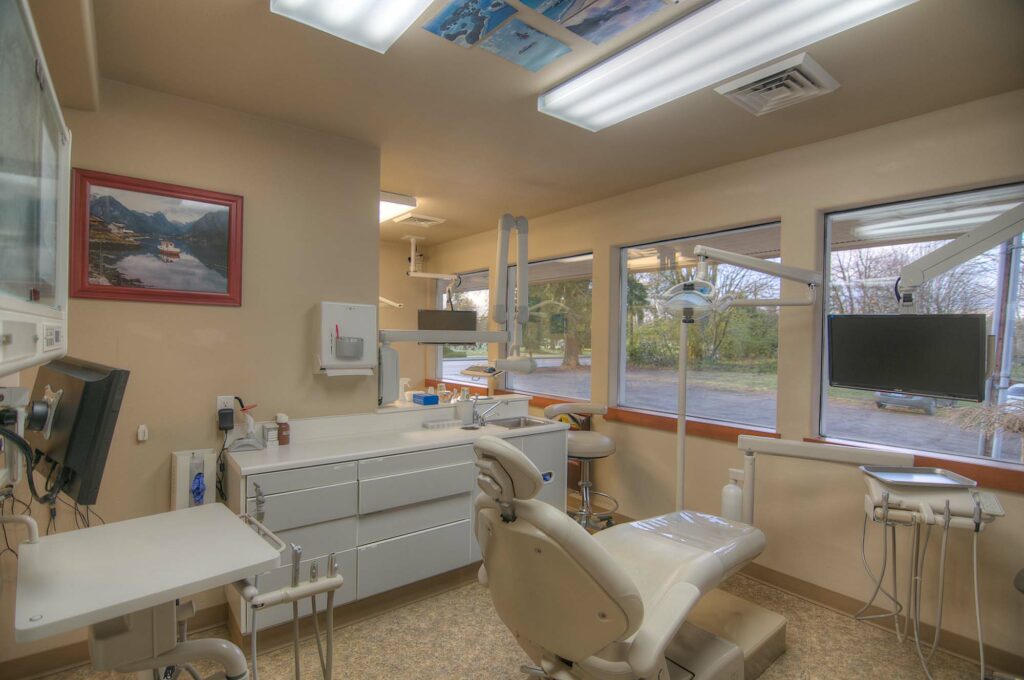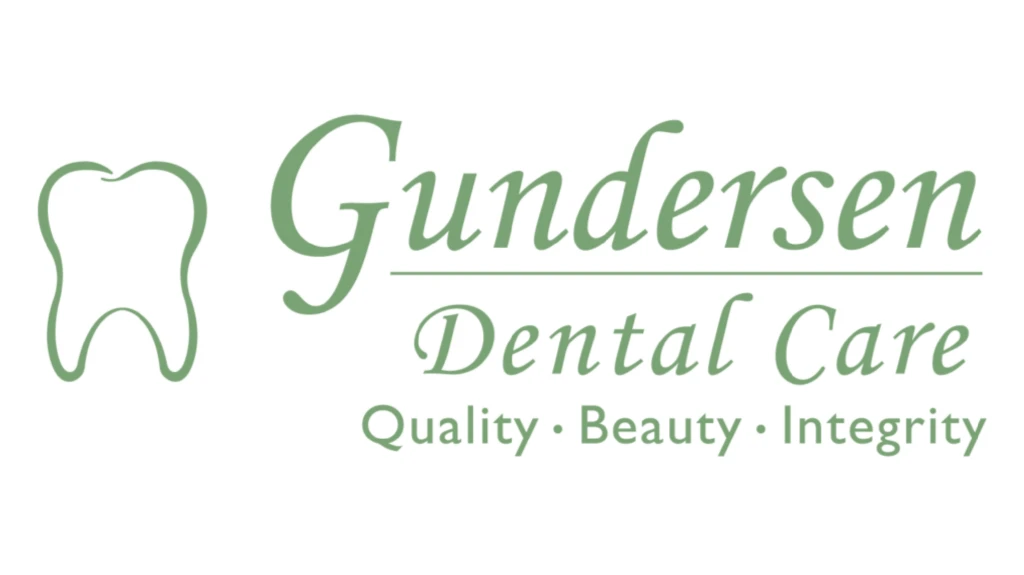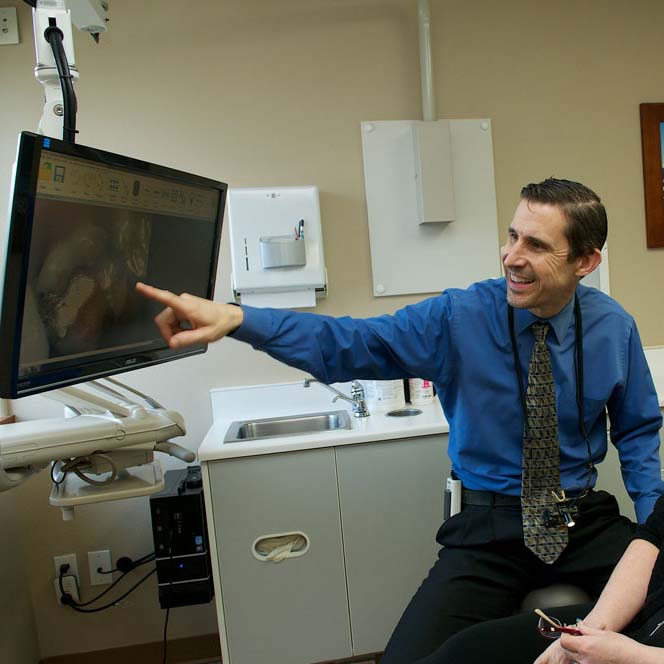Comprehensive Dental Hygiene
Start your comprehensive hygiene with a routine check-up
COMPREHENSIVE HYGIENE
Improve your brushing and flossing with Gundersen Dental Care.
Daily brushing and flossing remove a great deal of the plaque and bacteria that accumulate on your teeth. However, it’s nearly impossible to remove it all on your own.
The Importance of Regular Dental Visits
Firstly, your dental hygienist can be your partner in achieving good oral health. Regular visits to the dentist for professional cleanings can also prevent tooth decay and periodontal (gum) disease. In fact, visiting the dentist at least twice a year for a thorough cleaning is highly recommended.
Furthermore, your dentist may suggest more frequent visits based on the condition of your teeth and gums. This allows them to closely monitor your oral health and address any issues before they become more serious problems.
Our Comprehensive Services
We provide a range of services to help with your Comprehensive Hygiene and overall health.
What to expect at your check-up appointment:
- Visual evaluation of teeth, face, jaw and neck
- Digital images to check for cavities and other possible problems
- Professional teeth cleaning and fluoride treatment
- Screening for oral cancer
Caring for your Smile
Here is what is included in your comprehensive hygiene appointment.
Gum Disease Evaluation
Gum disease, also known as periodontal disease, is an infection of the gums surrounding your teeth. Unfortunately, it is one of the top reasons for tooth loss in adults. Moreover, because it is virtually pain-free, many patients do not realize they have the disease.
What causes gum disease?
Gum disease is primarily caused by the buildup of plaque, a sticky form of bacteria that forms on the teeth. If not removed through regular flossing, brushing, and dental checkups, it will continue to accumulate and create toxins that can damage the gums. Consequently, periodontal disease forms just below the gum line, creating small pockets that separate the gums from the teeth.
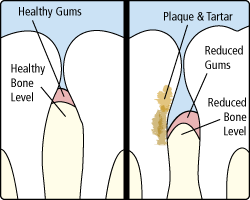
- Gingivitis: The early stage of gum disease, is characterized by red and swollen gums that bleed easily. Fortunately, at this stage, the disease is treatable and can usually be eliminated by daily brushing and flossing. In contrast, if left untreated, gingivitis will advance into periodontitis.
- Periodontitis: Periodontitis, a more severe stage, causes the gums and bones that support the teeth to become seriously and irreversibly damaged. Moreover, gums infected with periodontitis can cause teeth to become loose, fall out, or be removed by a dentist.
Risk Factors and Symptoms
Certain factors can increase a patient’s risk of developing periodontal disease, including:
- Smoking or using chewing tobacco
- Diabetes
- Certain types of medication such as steroids, anti-epilepsy drugs, cancer therapy drugs, calcium channel blockers, and oral contraceptives
- Bridges that no longer fit properly
- Crooked teeth
- Old fillings
- Pregnancy
While it is possible to have periodontal disease and not know it, some symptoms can include:
- Gums that bleed easily
- Red, swollen, tender gums
- Gums that have pulled away from the teeth
- Persistent bad breath or bad taste
- Pus between your teeth and gums
- Permanent teeth that are loose or separating
- Any change in the way your teeth fit together when you bite
- Any change in the fit of partial dentures
Treating Gum Disease
Treatments for gum disease can vary depending on the severity of each individual case. Typical treatments include:
- Non-surgical treatments such as at-home periodontal trays, and scaling and root planing (deep cleaning)
- Periodontal surgery and laser gum surgery
- Dental implants
Preventing Gum Disease
Regular dental checkups and periodontal examinations are crucial for maintaining your health and the health of your smile. By practicing comprehensive hygiene at home, you can significantly reduce your chances of ever getting gum disease.
However, you don’t have to lose teeth to periodontal disease. For instance, remember to brush regularly, clean between your teeth, and eat a balanced diet. Additionally, schedule regular dental visits to help keep your smile healthy. By following these steps, you can maintain a healthy smile for years to come.
Benefits of Digital X-Rays
Using the most advanced dental technology possible is just as important as staying up-to-date on the latest treatment techniques. Firstly, our practice dedicates itself to providing you with the safest and most convenient treatment options available, which is why we utilize advanced digital X-ray technology in our office.
Digital X-rays offer several advanced imaging options designed to save time, provide clearer dental photos, and expose patients to less radiation than traditional X-ray technology. Furthermore, our practice focuses on making your dental experience as comfortable as possible. At your next appointment, we’ll be happy to answer any questions you may have about the technology we use and how it can benefit your oral health.
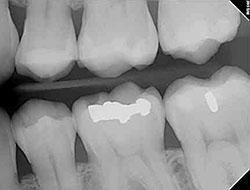

Cavities & Fluoride Treatment
Our team evaluates your risk for cavities, classifying it as low, moderate, or high based on criteria outlined by the American Dental Association (ADA). If we determine you have a low risk for cavities, we typically offer you a fluoride treatment twice a year. This helps strengthen your tooth enamel and reduce your chances of developing new cavities.
For those with a moderate risk of cavities, we recommend a similar fluoride treatment schedule of twice a year. Additionally, we may provide you with a take-home fluoride product. This extra step helps further reduce the likelihood of you getting another cavity.
Firstly, if we identify you as having a high risk for cavities, we may recommend fluoride treatments more than twice a year. Furthermore, we will likely provide you with a take-home fluoride product. Moreover, we may also suggest an antimicrobial rinse to help reduce the cavity-causing bacteria in your mouth.
By tailoring our recommendations to your specific cavity risk level, we can help you maintain optimal oral health and prevent future dental issues.
Professional Teeth Cleaning
All of our hygienists are well trained to perform a thorough teeth cleaning. Firstly, our team removes the plaque and tartar from your teeth and then polishes them to remove stains and smooth the tooth surface.
Furthermore, in addition to hand-held hygiene techniques used by our skilled hygienists, ultrasonic devices deliver targeted treatments to hard to reach areas. These devices, for example, deliver ultrasonic vibrations to crush and move calcified deposits of calculus.
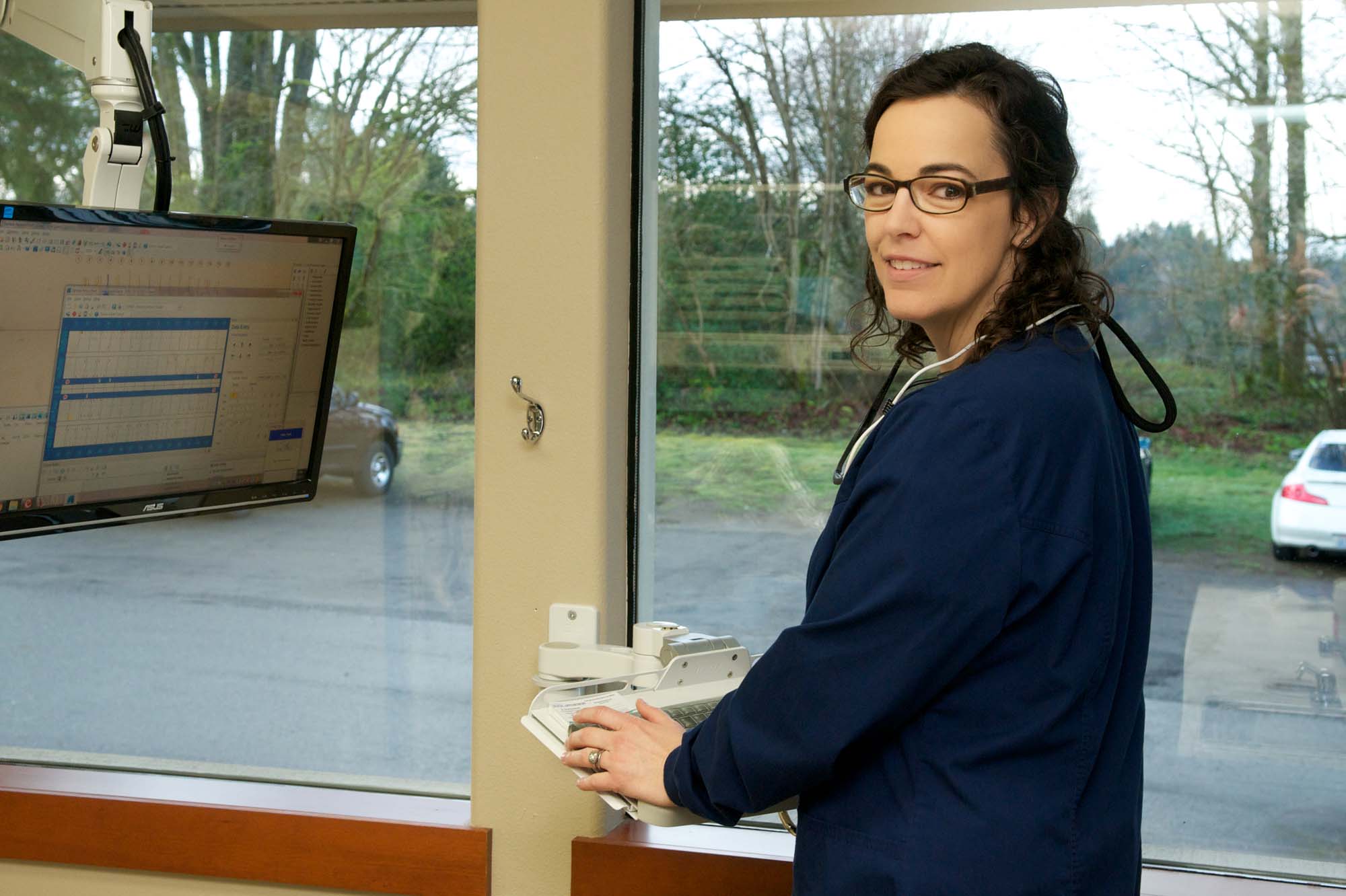
Oral Cancer Screening
Our office is not only dedicated to your smile, we’re also dedicated to your overall wellness. We take a holistic approach to your dental care, which includes an oral cancer screening as a part of your regular exam. Like many kinds of cancer, oral cancer can be life-threatening if not diagnosed and treated early.
We have the skills and tools to ensure that early signs and symptoms of oral cancer and precancerous conditions are identified. Firstly, while these symptoms may be caused by other, less serious problems, it is very important to visit our office to rule out the possibility of oral cancer. The most common symptoms of oral cancer include:
Symptoms of Oral Cancer
- Red or white spots or sores anywhere in the oral cavity
- A sore that bleeds easily or does not heal
- A lump, thickening, or rough spot
- Pain, tenderness, or numbness anywhere in the mouth or on the lips
- Difficulty chewing, swallowing, speaking, or moving the jaw or tongue

Quick Screening
Our team is trained in a simple, quick screening that involves an examination of your oral cavity as a whole, and not just your teeth, to detect cancerous and precancerous conditions. Firstly, besides a visual examination of your mouth, we will also feel the tissue of your mouth and throat to detect any abnormalities.
Aside from receiving an oral cancer screening during your checkup at our office, there are many things you can do to help prevent oral cancer.
- The best way to prevent oral cancer is to avoid all tobacco products and only drink alcohol in moderation.
- Maintain a healthy, balanced diet.
- Limit your exposure to the sun and always wear UV-A/B-blocking, sun-protective lotions on your skin as well as your lips.
- During your next dental appointment, ask your dentist to perform an oral exam. Early detection of oral cancer can improve the chance of successful treatment.

How often should I get my teeth cleaned?
The Academy of General Dentistry recommends seeing the dentist for a check-up and cleaning at least twice a year. We may recommend you visit more often depending on your specific situation and risk of disease. Some conditions such as diabetes, heart disease, or pregnancy may require more frequent cleanings to keep you and your mouth healthy.
Will my insurance cover my check-up appointment?
Most insurance plans cover the procedures completed during a routine check-up and cleaning appointment. Our experienced team of insurance coordinators is here to help you understand your specific insurance benefits and provide you with an estimate of any remaining costs after the insurance payment.
